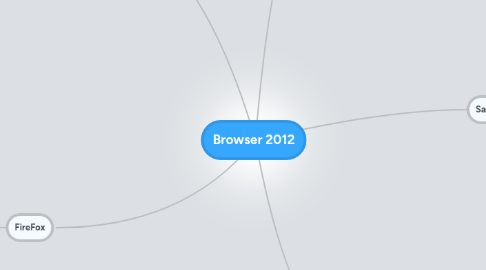
1. FireFox
1.1. Pros
1.1.1. Firefox no doubt has some brilliant extensions.
1.1.2. Firefox is coming up with some fast changes to tune itself with the latest technological requirements like HTML 5, which is suppose to be as the next major revision of HTML (Hyper Text Markup Language), the core markup language of the World Wide Web.
1.2. Cons
1.2.1. Despite spoiling user habits with its convenient extensions, Firefox seems to be losing its charm like an old wife.
1.2.2. It appears that some pages aren’t displaying pictures and videos in Firefox. Some of you might have had a better experience (I hope), however, I must assure you that I have experienced this problem on multiple computers with Firefox 4.
2. Opera
2.1. Pros
2.1.1. Fast and lightweight
2.1.2. Carries unique features
2.2. Cons
2.2.1. Lacking widgets and add-ons
2.2.2. There was a time when Opera occasionally did not open a few web pages and suffered from the same blank page problem which Chrome suffers from.
3. Explorer
3.1. Pros
3.1.1. Compatibility view to support display problems
3.1.2. Great tab management system
3.2. cons
3.2.1. Supports only Windows
3.2.2. Lacking download manager
4. Safari
4.1. Pros
4.1.1. Safari web browser is clean.
4.1.2. Nowadays, easy navigation is what can set a browser apart from the rest, and the Safari web browser is certainly good for that.
4.2. Cons
4.2.1. Lacking extension support
4.2.2. Lacking anti-phishing and smart toolbar
5. Chrome
5.1. Pros
5.1.1. Thumbnail images of your most visited sites
5.1.2. Excellent task manager option
5.2. Cons
5.2.1. Lack of add-ons when compared to the competitors
5.2.2. Developer tools good but not superior
